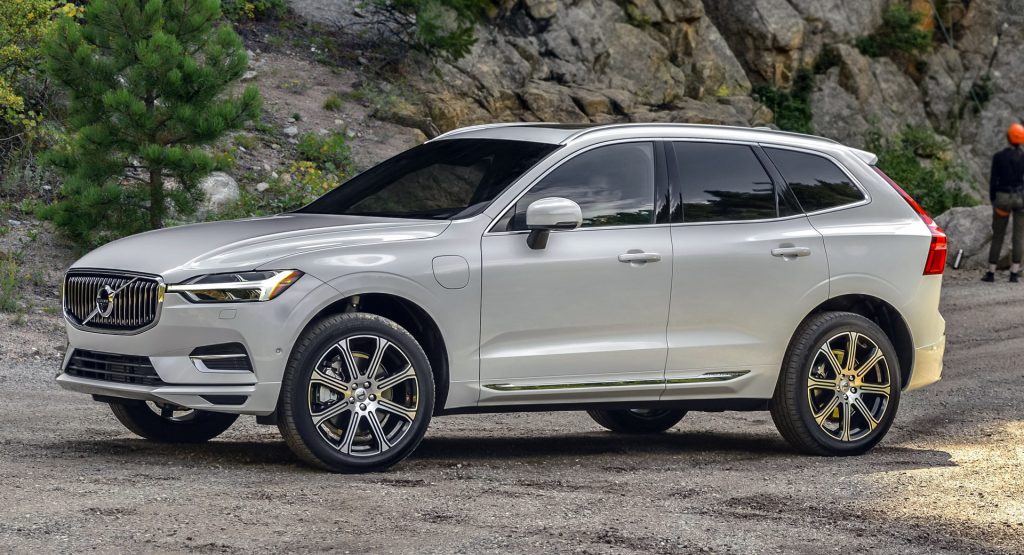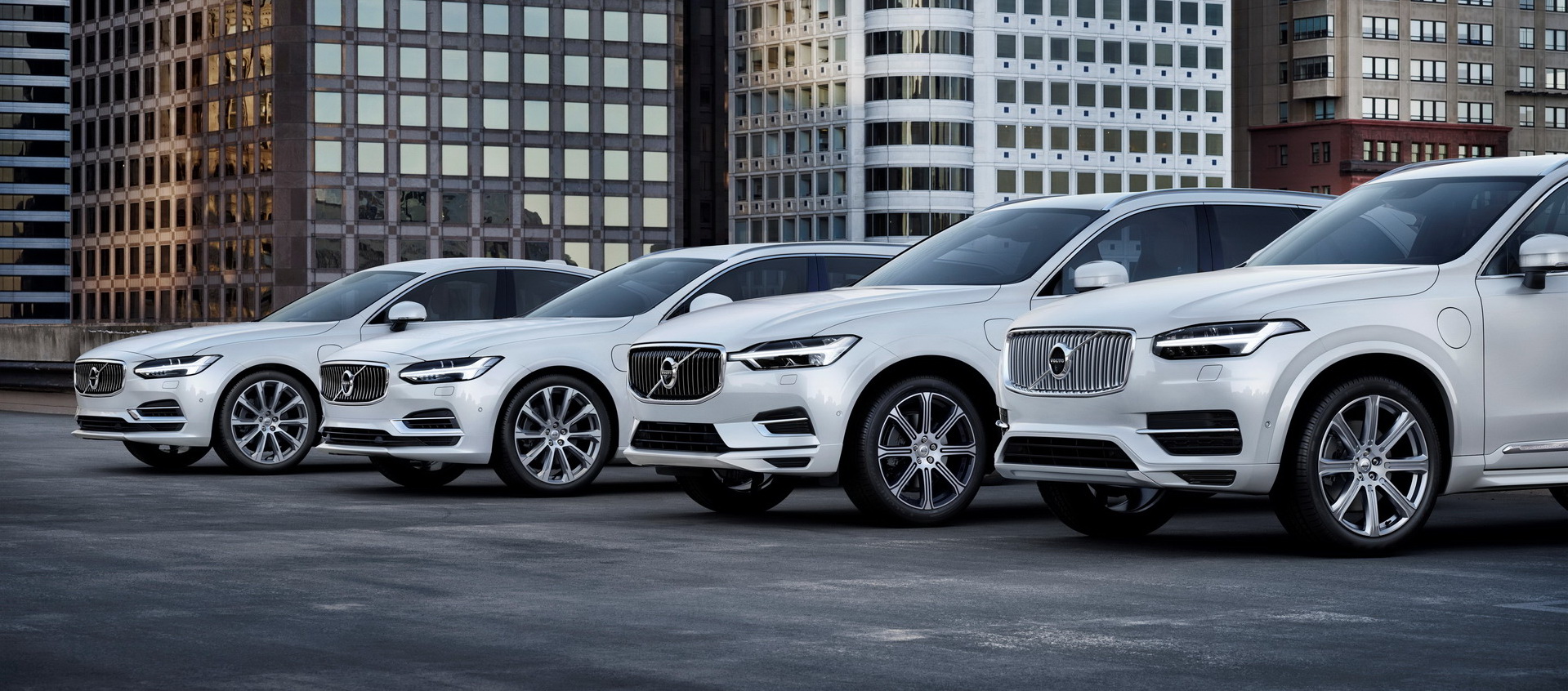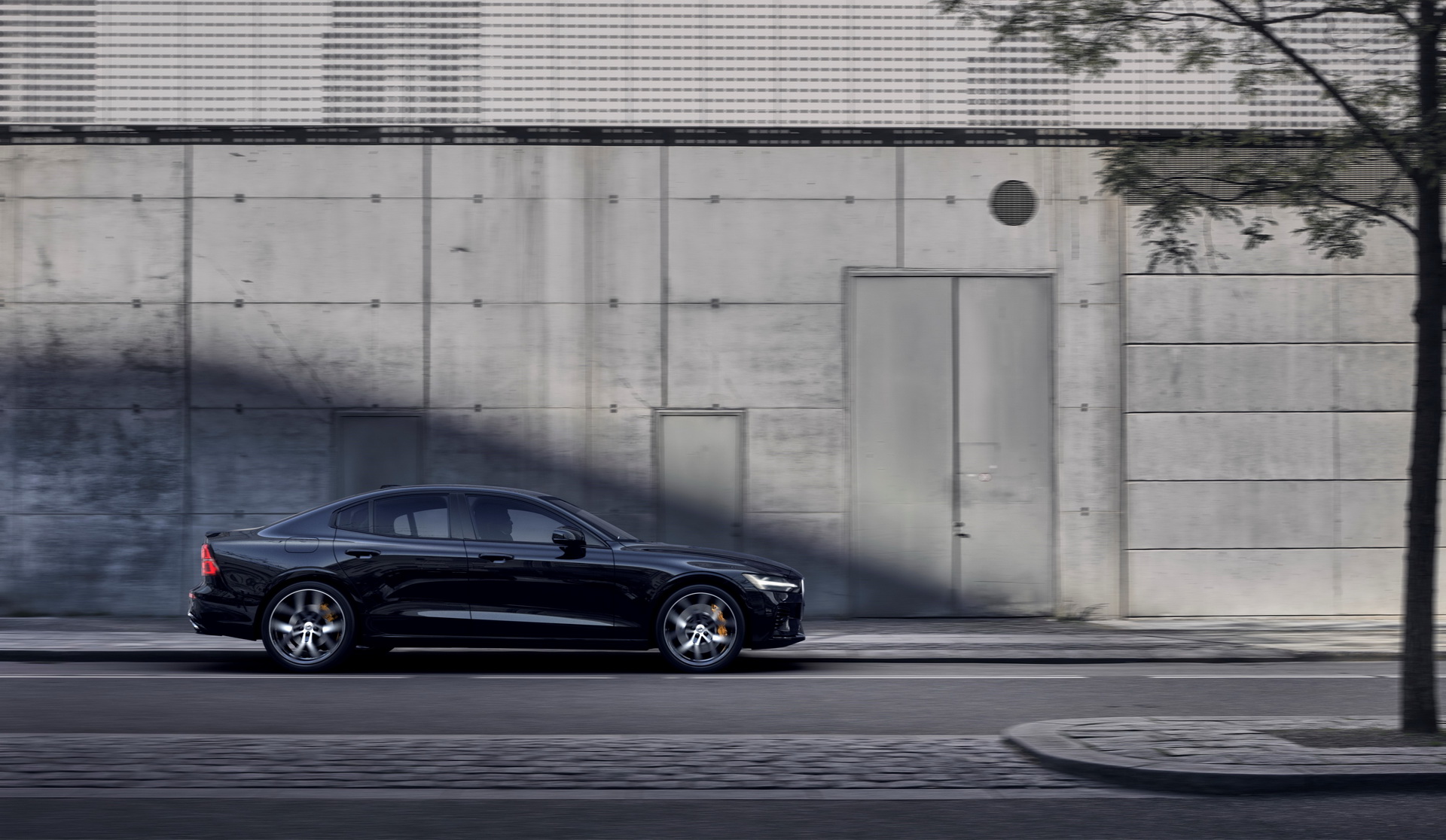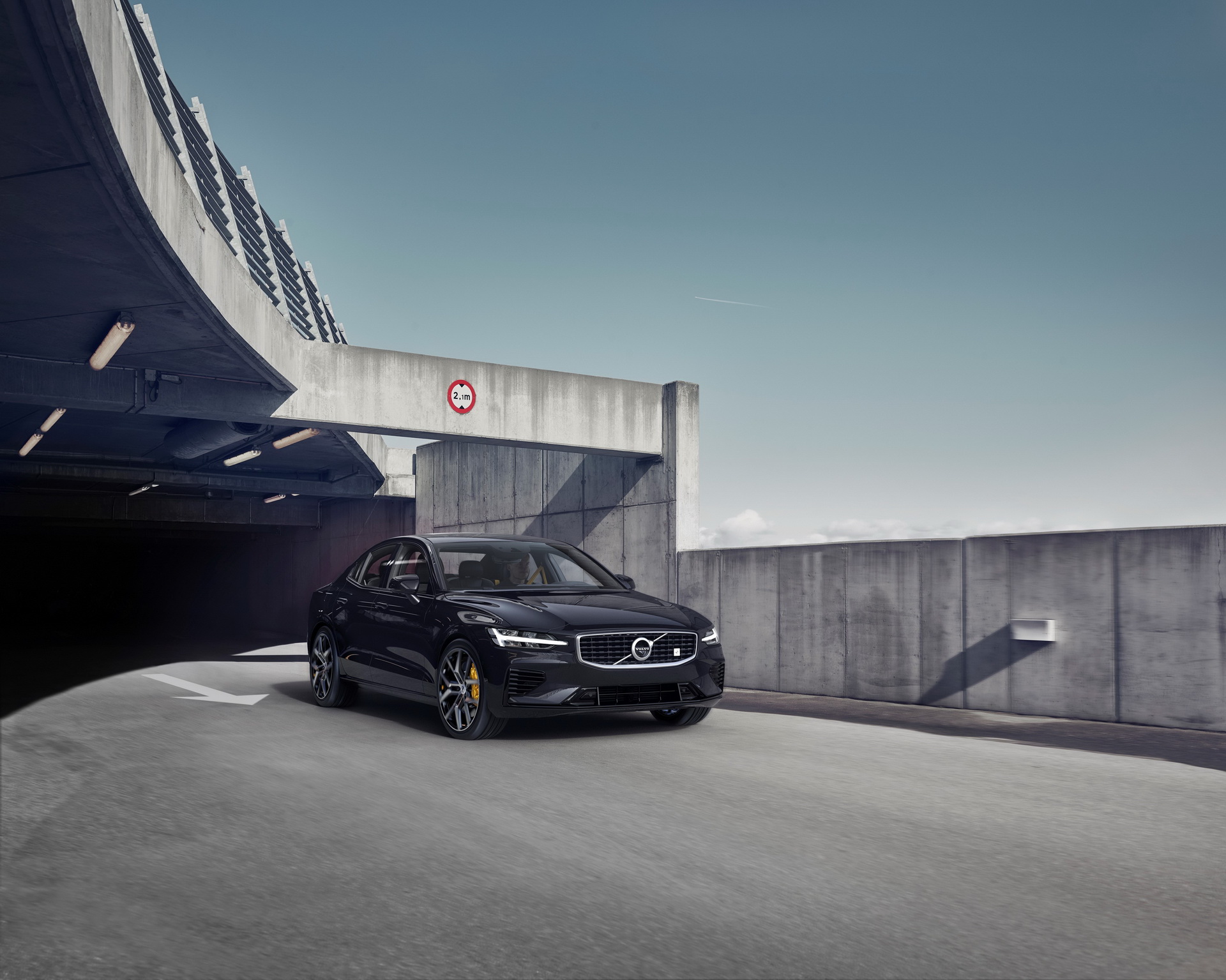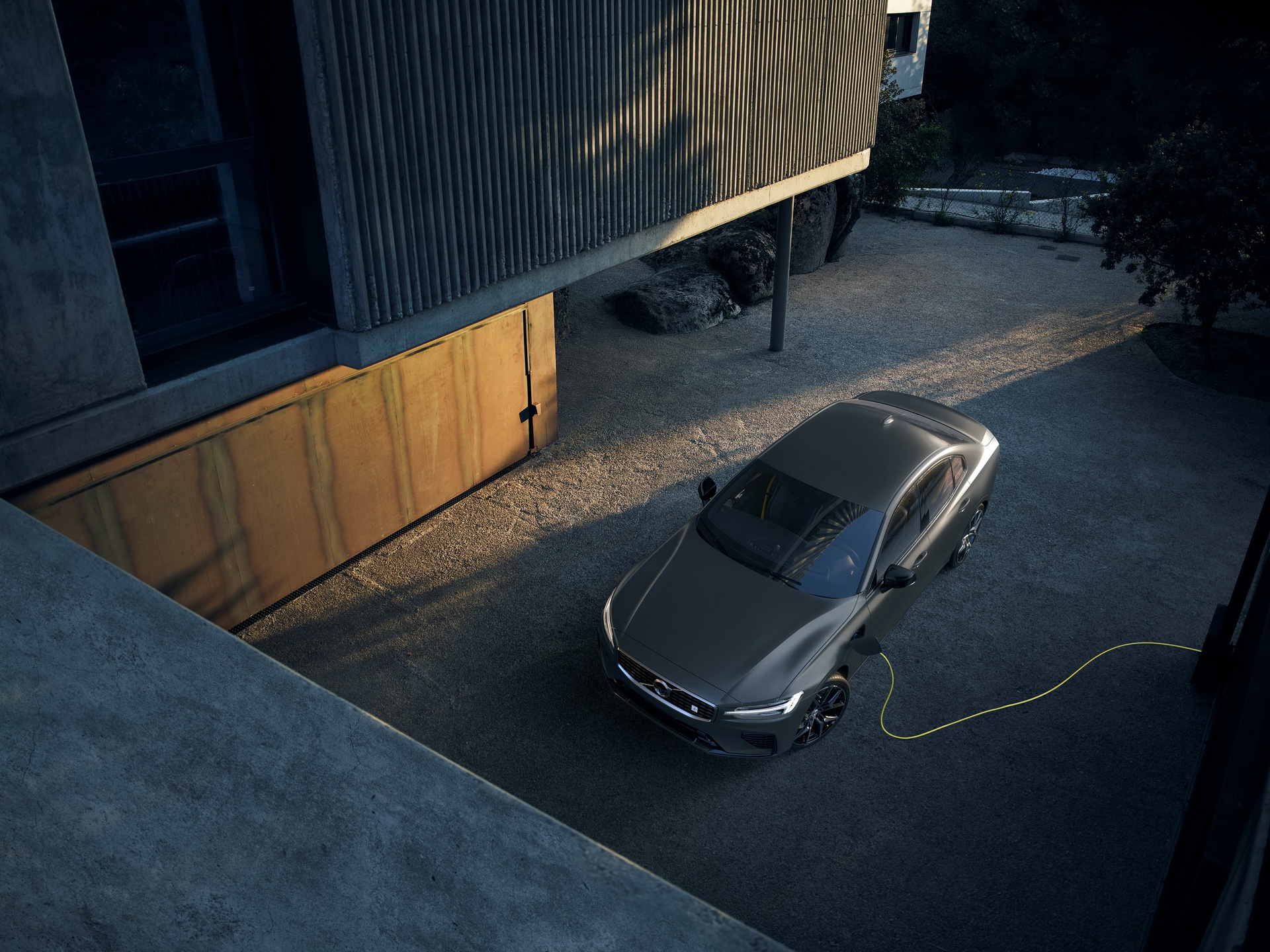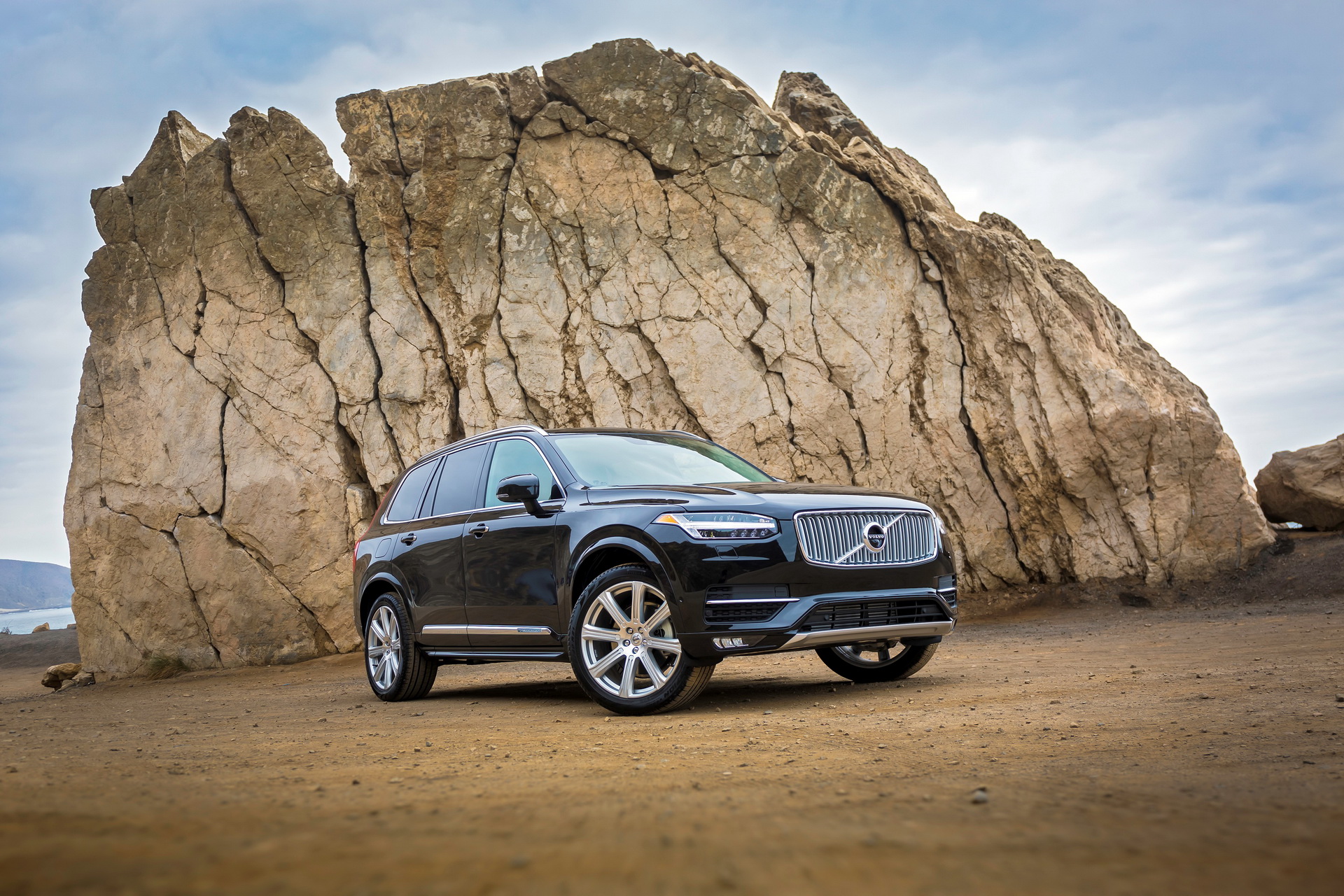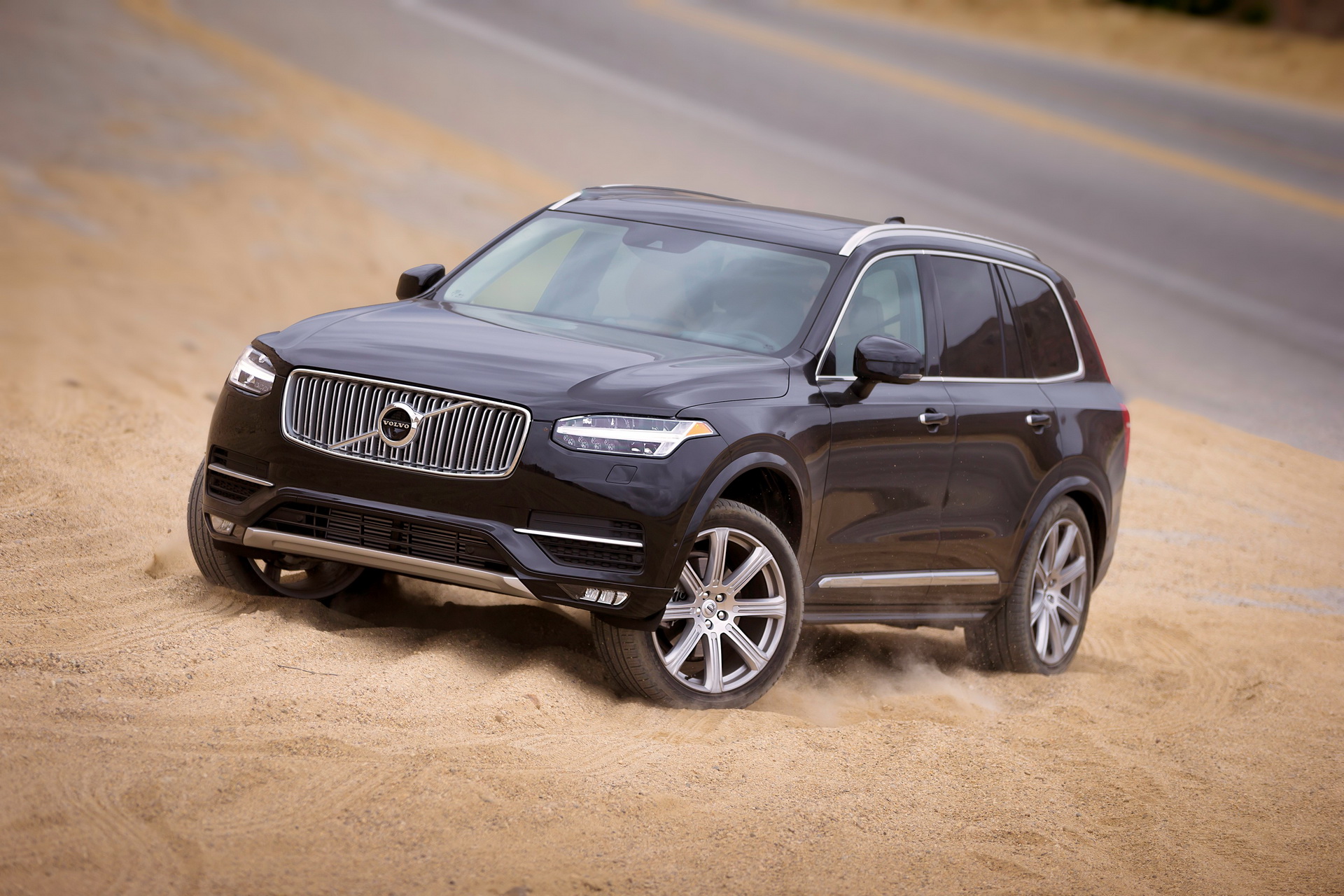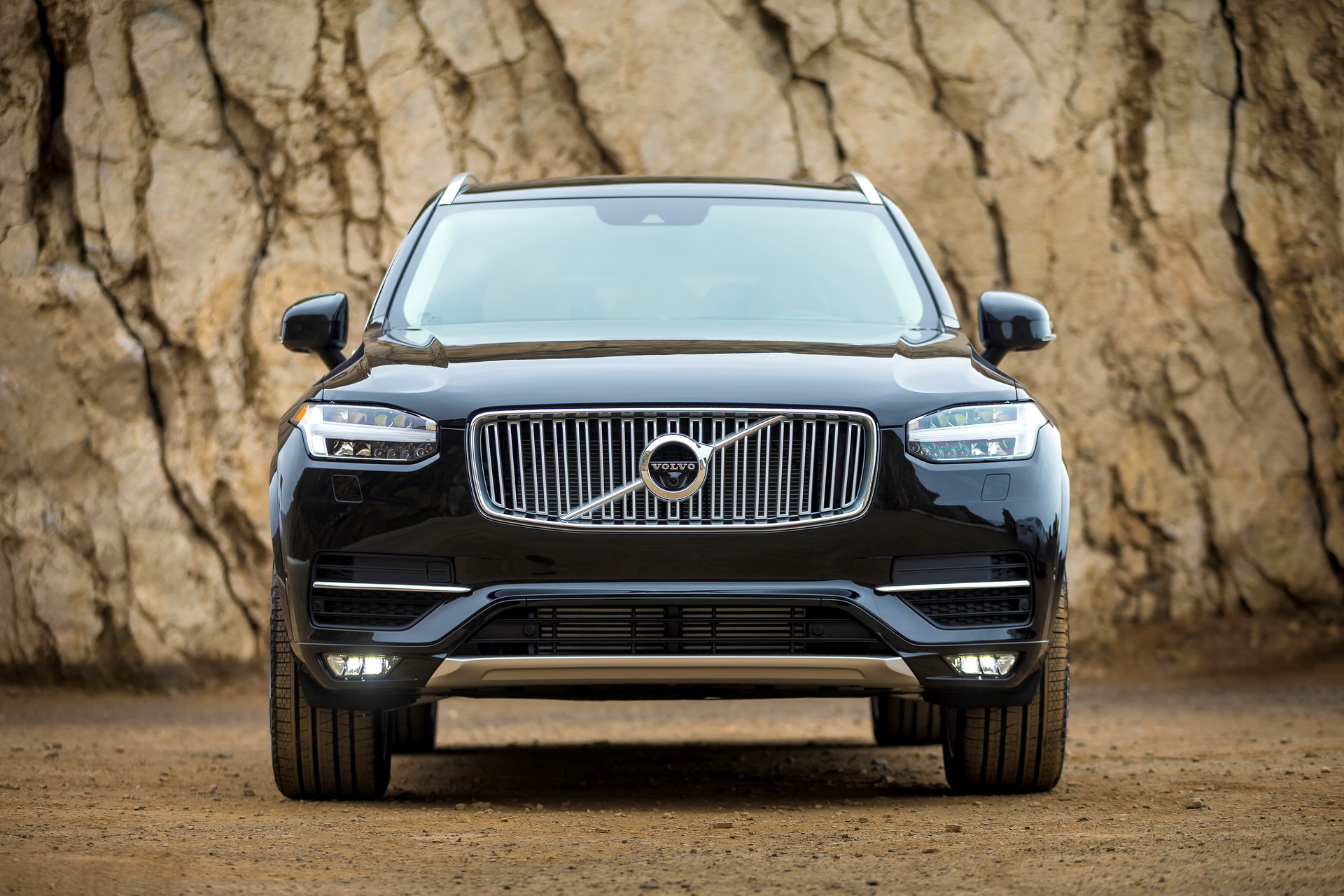In response to Trump’s decision to slap 25 per cent tariffs on $34 billion worth of Chinese imports, Volvo will shift production of U.S.-spec XC60s from China to Europe.
“We will, of course, reshuffle here and take XC60s for the U.S. … from our factory in Europe, and let China produce for other markets,” Volvo chief executive Hakan Saumelsson said, according to a Reuters report.
However, there is a chance that Trump will also hit European imports with tariffs, leaving Volvo with no choice but to either absorb the additional costs or pass them on to consumers.
When asked about whether Volvo would consider shifting XC90 production to the United States, Samuelsson said the car manufacturer will first see what happens with potential tariffs.
The next-generation XC90 will be built in South Carolina from 2021.
Record sales continue for Volvo
Despite rising trade tensions, Volvo says it is on track for a fifth consecutive year of record global sales.
The Swedish automaker delivered a record 317,639 vehicles in the first half of the year, a new record. Additionally, Volvo’s first-half operating profit rose a considerable 16 per cent to 7.8 billion Swedish Krona ($880 million) while revenue also increased to 122.9 billion Krona ($14 billion), 24 per cent higher than the first half of 2016.
Based on its successful first half to the year, Volvo told Automotive News that it is entirely possible it will exceed 600,000 global sales for the first time in its history. Last year, the automaker shifted 571,577 units around the world.
However, it’s not all sunshine and rainbows for Volvo as President Donald Trump’s trade tariffs could have an adverse impact on it.
The flagship Volvo XC90 SUV accounted for 67 per cent of the brand’s U.S. sales in the second quarter but it isn’t built locally. Volvo did open a plant in South Carolina recently but it will initially build just the new-generation S60, a vehicle that will probably only account for one-third of U.S. sales.



